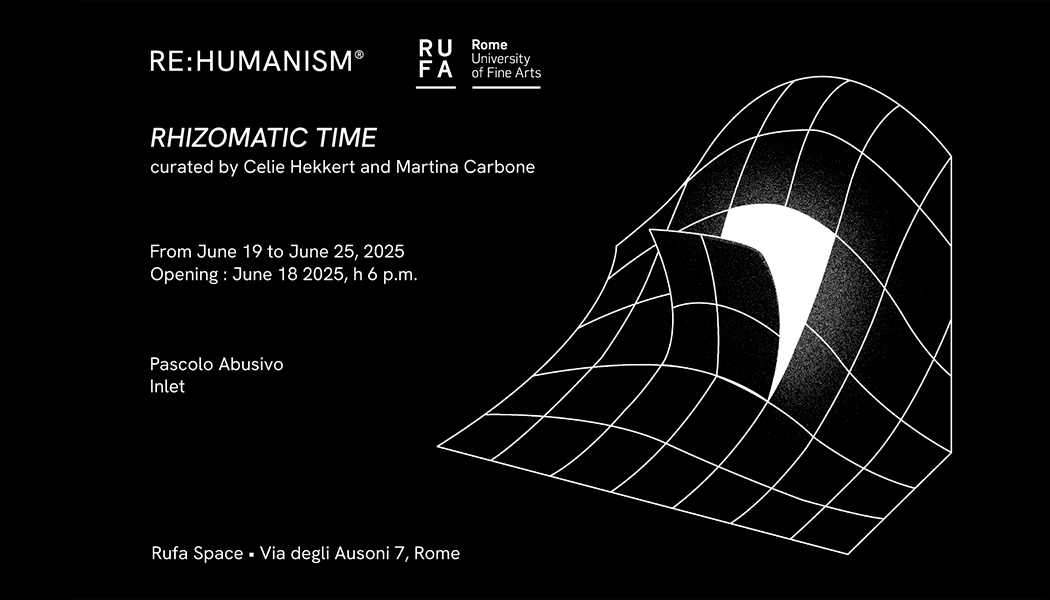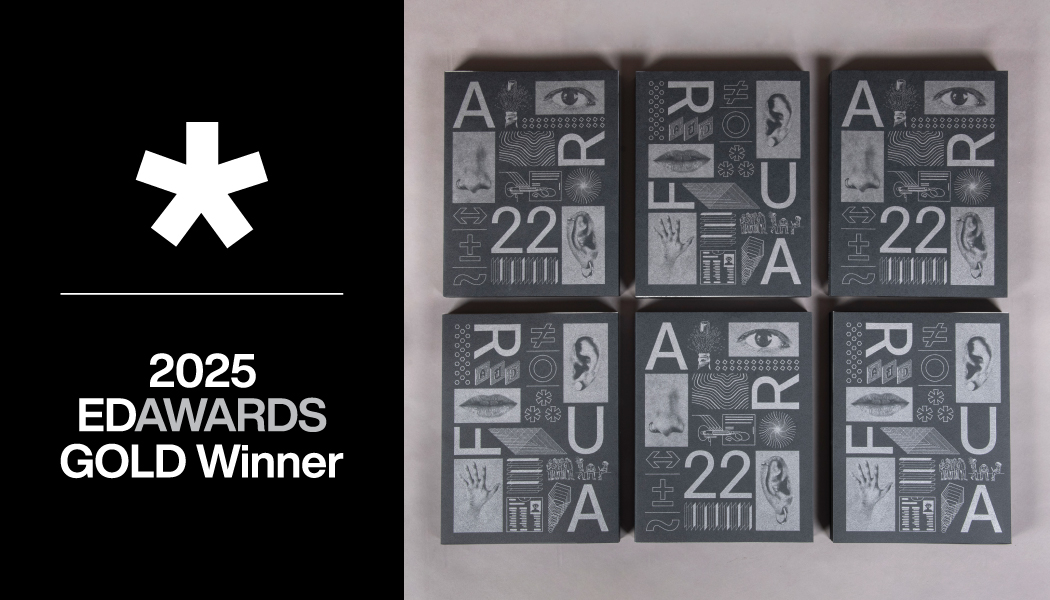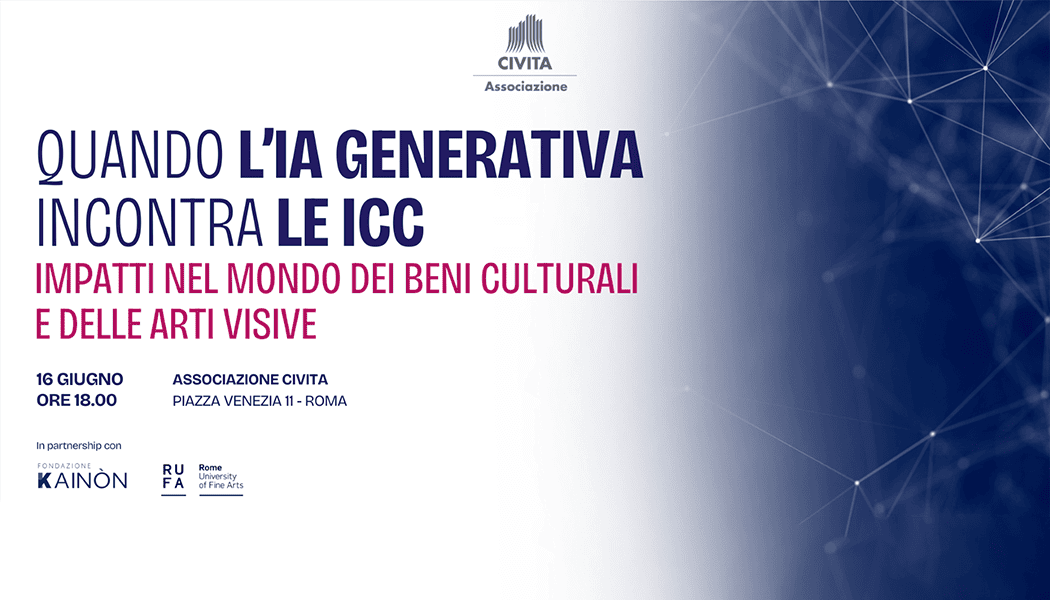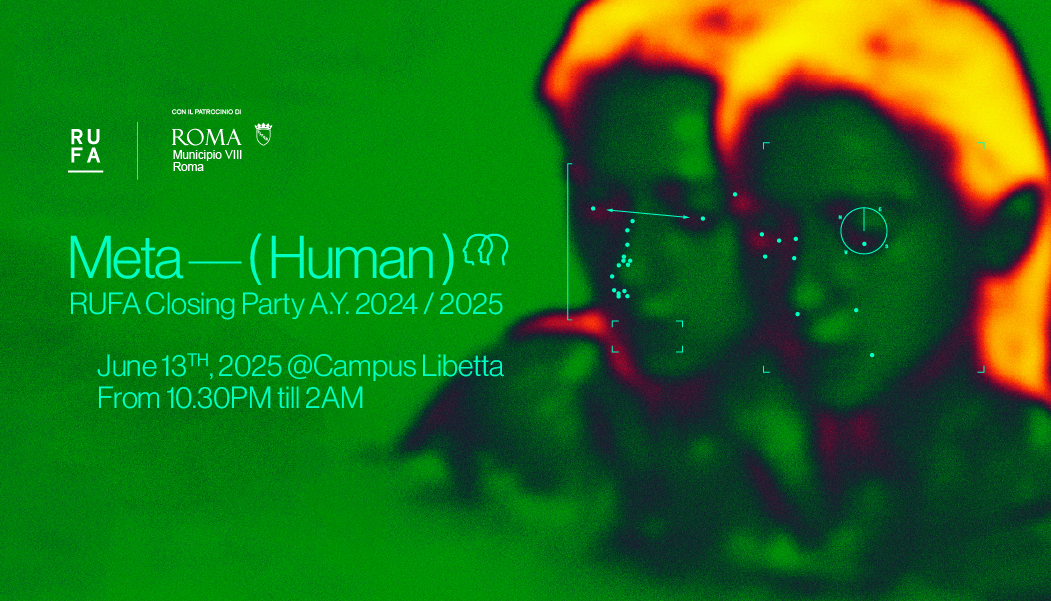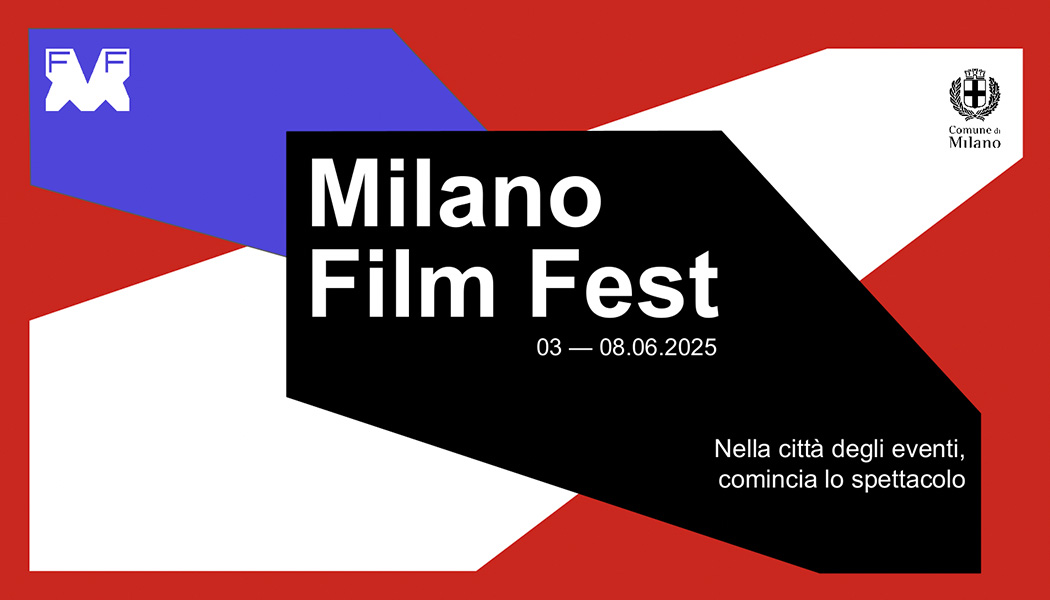As part of the fourth edition of the Re:humanism Art Prize, the first- and second-year classes of the Master’s programme in Multimedia Arts & Design present Rhizomatic Time, a group exhibition held at the RUFA Space.
Opening: Wednesday 18 June 2025 from 6:00 PM to 8:00 PM – RUFA Space, via degli Ausoni, 7.
If a tree has a trunk, roots and clearly defined branches—implying linearity, hierarchy, and centrality—a rhizome grows horizontally, in an unpredictable way, with no set beginning or end. It resists order, embraces multiplicity, and thrives in entanglement. This exhibition is inspired by that very same logic.
The works on display emerge from a collective reflection on how technology shapes our understanding of time, knowledge, and intelligence. Going beyond the idea of linear progress and anthropocentric logic, the projects explore more fluid, decentralised, and interconnected ways of thinking. They imagine new forms of dialogue between nature, machines, and the human body, questioning dominant systems of control, classification, and perception. Rhizomatic Time, rather than offering fixed answers, invites a relationship with the world that is open, plural, and interconnected. Time here is not a straight line, but a fluid, fragmented network in constant transformation.
The two projects, created by the collectives Pascolo Abusivo and Inlet, each express in their own way this concept of rhizomatic thinking.
The two exhibited projects: «Mantis» and «Encountering Digital Dreams»
❯ The first project is titled Mantis and was created by the collective Pascolo Abusivo. At a time when the relationship between nature and technology is often overshadowed by widespread feelings of fear and anxiety—fears fuelled by the unknown aspects of artificial intelligence and by technological systems that replicate colonial power structures—Mantis offers a more hopeful and balanced vision. Instead of imagining a dystopian future, it suggests a form of reconciliation: a way of connecting rather than dominating or fearing. In this vision, technology acts as a translator and mediator, helping to build new connections between humans, plants, and machines.
From this perspective, the machine is not a cold or distant interface, but a tool that opens pathways, revealing new forms of non-linear, decentralised, and plural thinking. It helps us come into contact with other forms of intelligence, such as that of roots. Following the logic of the rhizome—a plant structure composed of underground branches and entangled growth—Mantis becomes a symbol of a non-hierarchical, interconnected, and complex experience. The root becomes a living metaphor for an alternative mode of thinking: collaborative, relational, and intertwined. It invites us to rethink how we understand and inhabit the world, by deeply listening to the complexity of ecosystems, relationships, and the more-than-human world that surrounds us.
❯ The second collective project, Encountering Digital Streams by Inlet, investigates the fluid boundaries between nature and technology, questioning how our experiences of the natural world are transformed when filtered through digital media. Today, we rarely encounter nature directly: our senses are often mediated by screens, recordings, and technological interfaces. The installation presents two versions of the same waterfall: one physically present, the other as its virtual double. This contrast invites viewers to reflect on authenticity and perception.
Is the digital version somehow less “real”? How do we react—physically and emotionally—to the real as opposed to the virtual? And what does “real” truly mean in this context?
The work also explores how digital technology affects our perception of time. Natural elements like waterfalls are in constant motion: they flow, change, and transform. Digital media, on the other hand, can freeze or loop time, offering a static or infinitely repeated version of something that, by its nature, is never still. This creates a tension between nature’s mutability and the stillness of the digital—a contrast that opens up space for reflection.
By keeping these questions alive, Encountering Digital Streams invites us to reconsider our relationship with the natural world in an era of contamination by technological interfaces, and how this relationship shapes the way we see, feel, and understand what surrounds us.
The Inlet collective includes: Rachele Cominella, Angela D’Onghia, Cor Langerak, Lorenzo Tomassucci, Simona Vacca, and Marta Zorzan.
The Pascolo Abusivo collective includes: Silvia Baldo, Elisa Catalano, Giuseppe Di Capua, Raffaele Esposito, Annarita Debellis.
Installation support: Anthony Tony Jugo.
Supervised by instructors: Daniela Cotimbo, Donato Piccolo, and Giulio Pernice.
INFORMATION
Opening: 18 June 2025, from 6:00 PM to 8:00 PM
Dates: 19–25 June 2025
Opening hours: Monday to Friday, from 10:00 AM to 8:00 PM
Venue: RUFA Space, Via degli Ausoni 7 – Rome.
